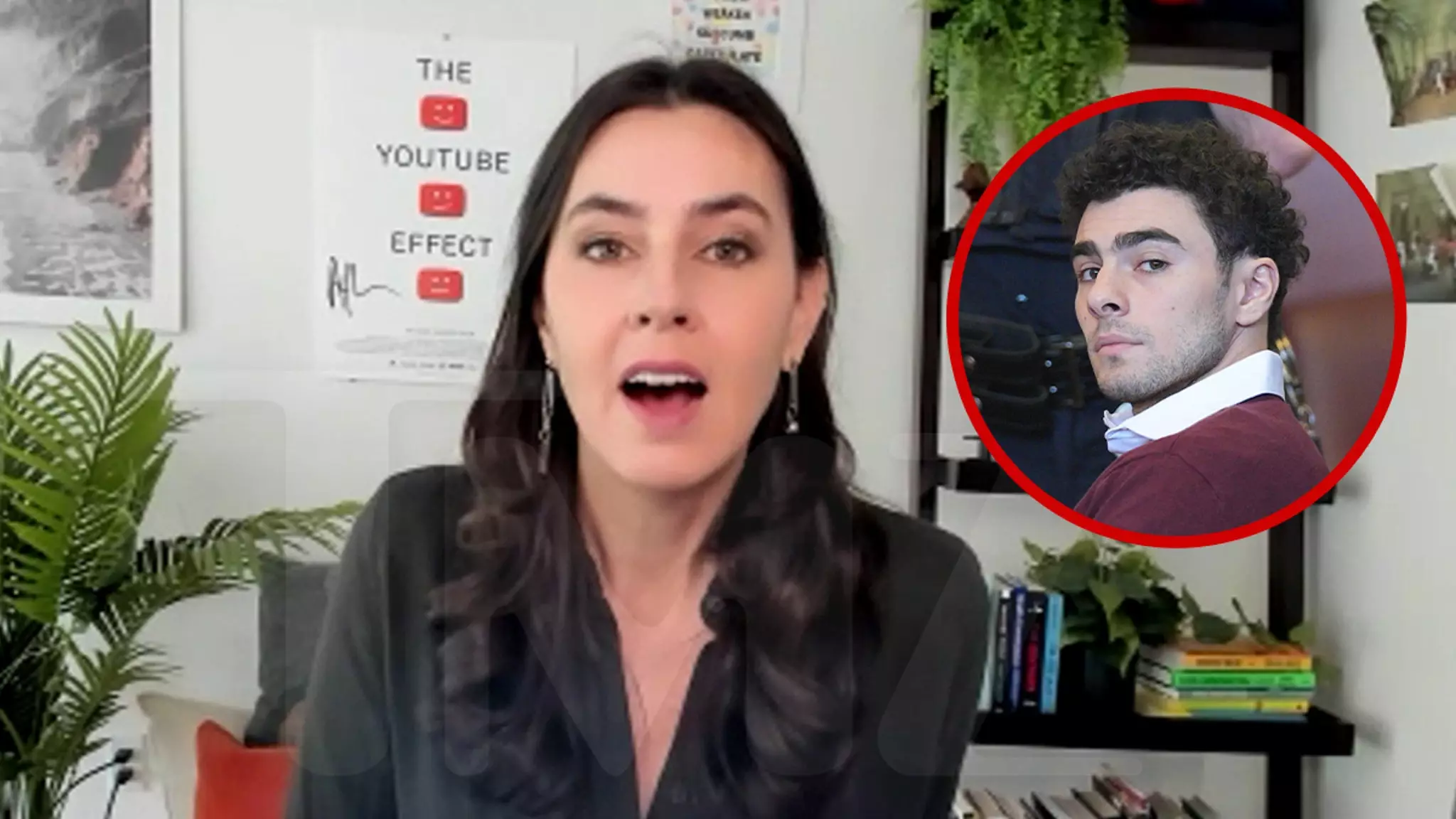In the recent saga surrounding Luigi Mangione, Taylor Lorenz refreshes the conversation on the troubling intersections of mental health, social systems, and radical responses to perceived injustices. Dissecting Mangione’s manifesto, Lorenz emphasizes that the motivations for violent acts are rarely straightforward. The chilling nature of Mangione’s intent to target UnitedHealthcare CEO Brian Thompson forces us to confront uncomfortable truths about our healthcare system. Lorenz’s analysis reassures us that while Mangione’s choice to avoid widespread destruction speaks to a level of moral consideration, the evidence of his anguish cannot be ignored.
Lorenz’s critique probes beneath the surface, revealing the deeper societal implications of an individual feeling driven to extreme measures. This brings into focus a disturbing question: at what point does personal suffering morph into a desperate call for action? Establishing a narrative that encapsulates both the horror of Mangione’s actions and the signs leading to them invokes a crucial dialogue on accountability—both personal and systemic.
The “Thoughtful” Execution of a Radical Plan
Lorenz attempts to frame Mangione’s approach as one of “thoughtfulness,” noting he avoided methods that would indiscriminately harm others. It is undoubtedly chilling to characterize a failed act of violence as an expression of restraint. This highlights a broader issue within our collective ethos: how individuals, feeling disillusioned by institutions, sometimes believe violence is a legitimate form of protest. Yet, does this line of reasoning simply enable a cycle of violence? By lauding Mangione’s apparent care for civilian life, are we inadvertently excusing his radicalism, or worse, romanticizing it?
The most unsettling aspect of this case is not the potential loss of life in the immediate act itself but the undercurrents of a system that drives individuals toward radicalism. The dialogue challenges us to confront our own complicity in these injustices—a theme echoed in Lorenz’s poignant point about the “murderous and barbaric healthcare system.” If our institutions fail to address these grievances, is it any surprise that individuals like Mangione feel pushed to take matters into their own hands?
A Call for Collective Action
Yet, Lorenz does not simply critique; she advocates for a shift in perspective. Arguing for collective activism over individual machinations fosters a more hopeful outlook. Solidarity, she claims, can generate systemic change that addresses the root causes of disenchantment, while Mangione’s choice stands as a stark reminder of what can happen when that solidarity breaks down.
As Lorenz looks toward social movements, she urges listeners to band together and create a dialogue around dismantling destructive institutions. Her perspective on “One Big Beautiful Bill,” attributed to President Trump, underscores how policies and their ramifications were not birthed in isolation but are rather a continuation of a flawed system. By fostering a spirit of cooperation, Lorenz asserts we can counteract the chaos represented by instances like the Mangione case, encouraging a movement toward tangible reform.
In an era of increasing polarization, her insistence on empathy and collaboration invites a necessary reflection on the kinds of communities we wish to cultivate. Confronting our systemic failings together could render the brutal individualism embodied by Mangione obsolete, steering discourse toward a more constructive pathway for change.

